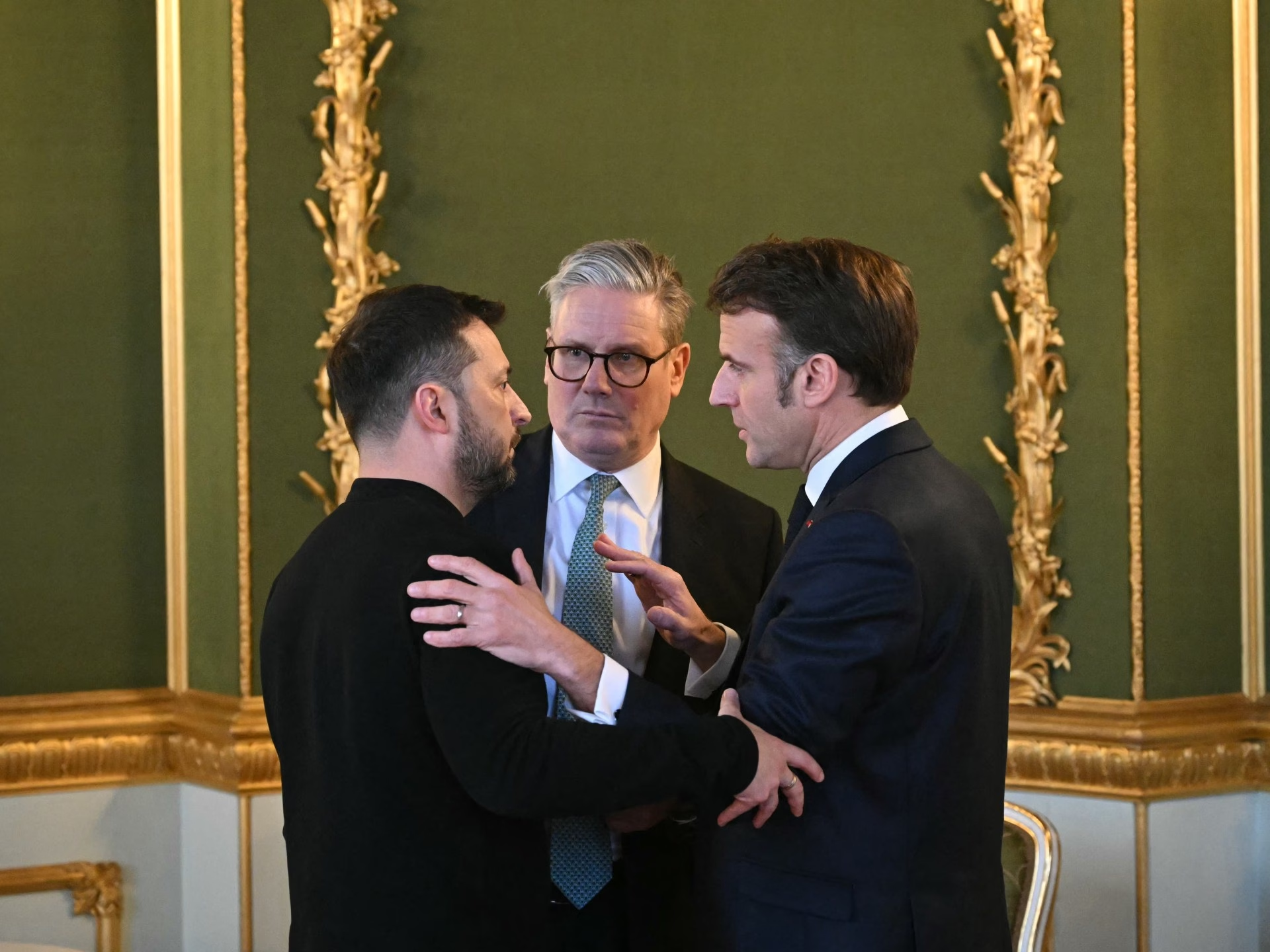The past few days have seen the Russia-Ukraine conflict come to a head, not in combat, but within the power corridors. Ukrainian President Volodymyr Zelenskyy recently faced verbal criticism from U.S. President Donald Trump and Vice President JD Vance at the White House, which many perceived as a staged event.
It appeared that Trump was searching for an excuse to distance the U.S. from Ukraine. This led to a freeze on military aid, followed by a suspension of intelligence sharing on March 5, measures with immediate impact on Ukraine’s military operations.
Simultaneously, Zelenskyy maintained his position, while European leaders convened to express their unwavering support for him, committing to continued military and financial assistance for Ukraine.
While it might be tempting to attribute recent events to Trump’s individual actions, the narrative suggests a wider political strategy aimed at preparing Western audiences for a potential Ukrainian defeat. This defeat contradicts earlier Western perceptions of Russian weakness. In reality, the West has depleted its resources and resolve in what is effectively a “proxy war” against Russia, with the current political maneuvers acting as damage control.
Critics of Russia, including EU’s foreign policy chief Kaja Kallas and military-industrial lobbyists, continue to advocate for Russia’s defeat, promoting solutions like the supply of F16 fighter planes, yet the situation remains unchanged on the ground, with Ukraine losing territory and lives.
The possibility of Ukraine achieving a better outcome than the choices it previously rejected, such as the Istanbul agreement or the agreements under Minsk, grows unlikely. The Minsk agreements, which would have granted Ukraine sovereignty but with concessions on separatist-controlled areas, have been a benchmark for measuring conflict outcomes.
The blame game has already begun, with Trump accusing Zelenskyy of intransigence and European nations of uneven burden-sharing. However, other political figures, including British Prime Minister Keir Starmer, acknowledge the need for strong U.S. support, illustrating a dependency on U.S. involvement.
Despite strong rhetorical support, the EU is hesitant to approve a substantial aid package, indicating a political impasse. Zelenskyy’s efforts to secure Western backing while maintaining a stance of moral superiority continue, portraying a maximalist victory plan and seeking more security guarantees.
Behind these public displays, Ukrainian officials are reportedly more pragmatic, with military intelligence advising peace talks by summer to avoid potential risks. The West’s political culture, prioritizing rhetoric over substance, has effectively played out in the information domain against Russia, yet it faces a tactical loss to a leader who prioritizes results over presentation.
The article reflects the author’s view and does not necessarily represent Al Jazeera’s editorial stance.
Source: https://www.aljazeera.com/opinions/2025/3/6/the-blame-game-over-the-debacle-in-ukraine-has-started?traffic_source=rss







